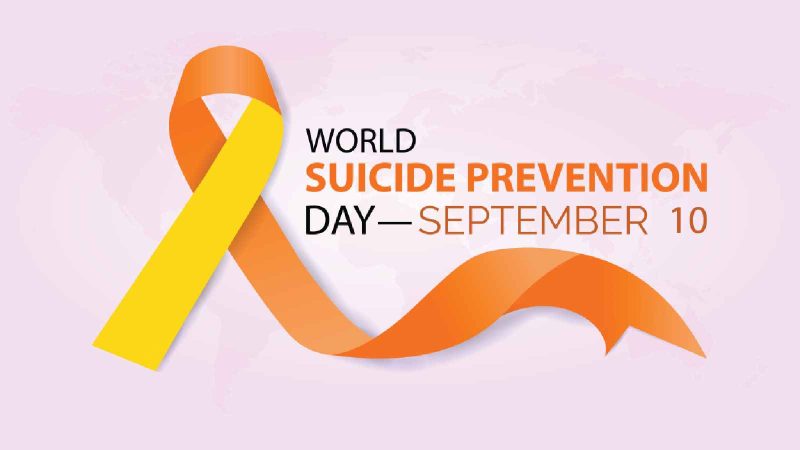Signs of suicidal behavior
Suicide is a person’s desire for death, according to Dr. Ashish Gambre, a Consultant Psychiatrist. While it’s difficult to predict suicide, there are signs to look out for, including intense sadness, social withdrawal, giving away important things, asking for forgiveness on small matters, extreme mood swings, expressing feelings of burden on others, feeling empty and hopeless, and increased reliance on alcohol or narcotics.
Reasons why people have suicidal thoughts
Suicidal thoughts often arise when a person is faced with challenging circumstances or persistent stress that they perceive as lacking a solution. People going through personal struggles such as divorce, bereavement, unemployment, or chronic health conditions are more prone to suicidal thoughts. Additionally, psychiatric disorders like major depressive disorder, schizophrenia, and severe obsessive-compulsive disorder can contribute to suicidal ideation.
How to help someone who is suicidal
Supporting someone with suicidal thoughts requires care and understanding. Here are some strategies:
1. Don’t leave them alone
If you suspect someone wants to end their life, try not to leave them alone. Encourage them to seek professional help or go to a medical facility.
2. Assess the risk and stay composed
Not everyone who expresses suicidal thoughts needs to be hospitalized. Assess the level of risk and respond accordingly.
3. Initiate a conversation with them
Engaging in dialogue about their suicidal feelings can provide the person with an opportunity to share their thoughts openly.
4. Don’t judge them
Listen to what they have to say without judgment. Judging them can reinforce their negative thoughts about themselves and their life.
5. Convey your genuine concern
Express your genuine concern and let them know they are not alone. Reassure them that support is available.
6. Contact suicide prevention helplines
Look up suicide prevention helplines and encourage the person to reach out for help.
7. Build social support
Encourage the person to build a strong social support system with family members or friends who won’t judge them.
8. Ensure reduced access to alcohol
If the person is using alcohol or drugs as a coping mechanism, limit their access to these substances.
9. Help them create a crisis plan
Assist the person in developing a crisis plan. This can include reasons to stay alive, strategies to redirect harmful thoughts, a list of supportive people to contact, and contact information for professional healthcare services.
10. Don’t dismiss their suicidal thoughts
Take their suicidal thoughts seriously and avoid dismissing or trivializing their feelings.
Remember, while you can offer support, it’s essential to encourage the person to seek help from trained mental health professionals. If the person is in immediate danger, don’t hesitate to contact emergency services.









